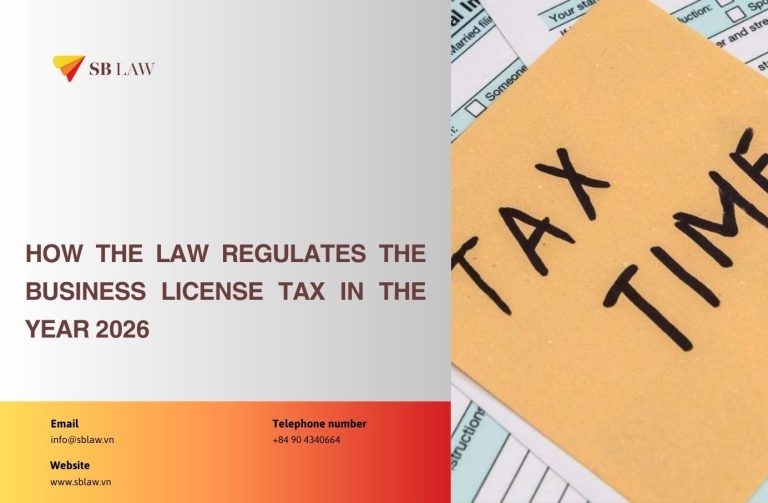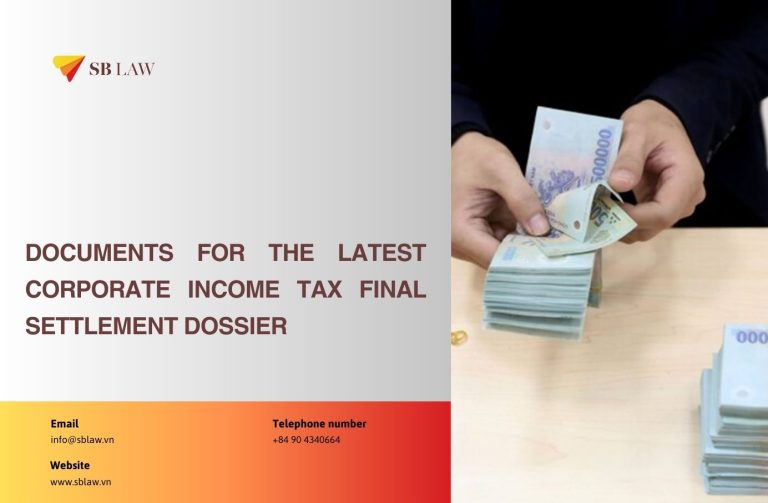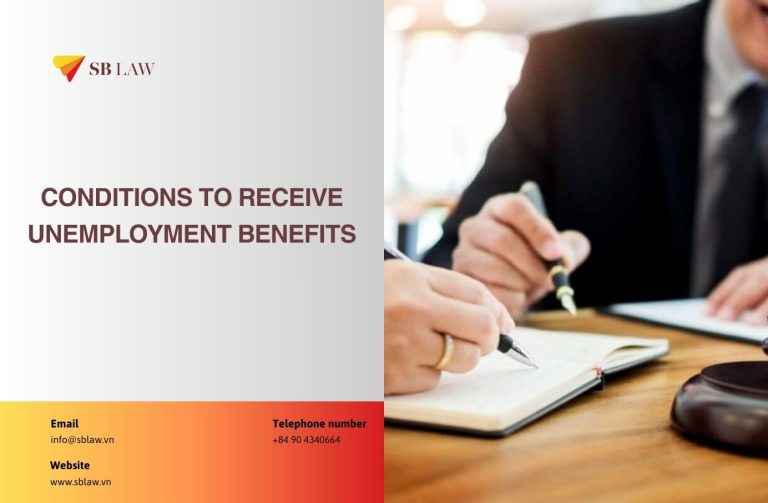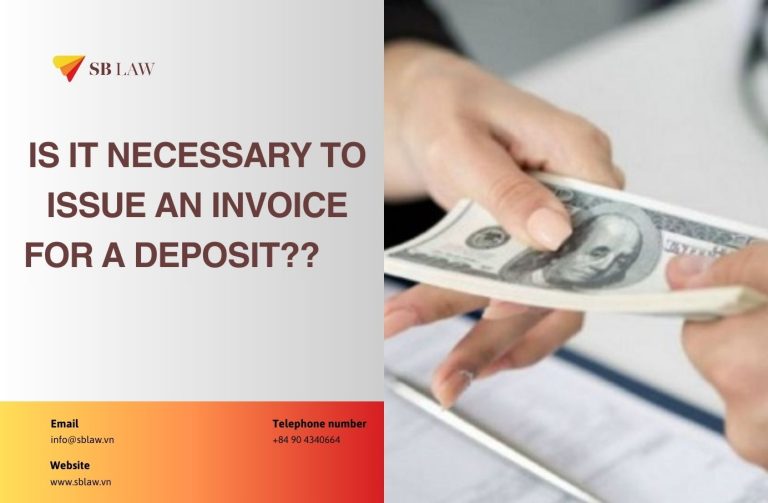Validity of contract
- CISG: does not regulate this content.
- Vietnamese Law: A goods purchase contract is valid when the following conditions are satisfied:
- The subject has civil legal capacity, civil act capacity suitable to the established civil transaction;
- Entities participating in civil transactions completely voluntarily;
- The purpose and content of the civil transaction do not violate the prohibition of the law and do not violate social ethics.
Accept offers with amendments and supplements
- CISG: According to Article 19.2 of CISG, a response that has tendency to accept an offer but contains amendments and supplements that do not fundamentally alter the content of the offer (Conditions that fundamentally alter the content of the offer: Price, Quality & Quantity of goods, Dispute resolution, Scope of responsibility, Time & Place) is considered acceptance, unless the offeror does not immediately make an objection to such differences or give notice of his/her/their objection to the offeree. If the offeror fails to do so, the subject matter of the contract shall be the content of the offer with the amendments stated in the acceptance of the offer.
Note: To determine the amendments and supplements whether or not they altered the content of the offer depends on each case.
- Vietnamese Law: Any and all amendments and supplements to the content of the offer is unacceptable.
Form of contract
- CISG: International goods purchase contract does not need to be signed or be confirmed in writing or be subjected to any other requirement as to the form of the contract. Contracts can be proved by any means, including witness statements, which means the contract can be in writing or verbal form or even established by behaviors of all parties involved.
- Vietnamese Law: According to Article 24 of Law on Commerce, international goods purchase contracts are required by law to be made in writing. Although Vietnam is a member of CISG, CISG does not apply in this circumstance because of Vietnam's reservation under Article 96.
Claim term
- CISG: According to Article 39.2 of CISG, under any circumstances, the buyer loses the right to claim non-conformity with the contract if he/she/they fail to notify the seller within 2 years from the date on which the goods were actually delivered to the buyer unless this period is contrary to the warranty period specified in the contract.
- Vietnamese Law: According to Article 318 of Law on Commerce, 3 months from the delivery date with claims about quantity or 6 months from the delivery date with claims about quality.
Goods inspection term
- CISG: According to Article 38 of CISG, the buyer must inspect the goods or ensure that such inspection is carried out within the shortest time possible, depending on the circumstances.
Note: Exact criteria to determine “the shortest time possible”:
- Buyer's Personal or Commercial Status
- Nature of goods (perishable goods, dangerous goods...)
- Amount of delivered goods
- The buyer’s experience
- The availability of facilities for inspection
- Vietnamese Law: does not regulate this content.




